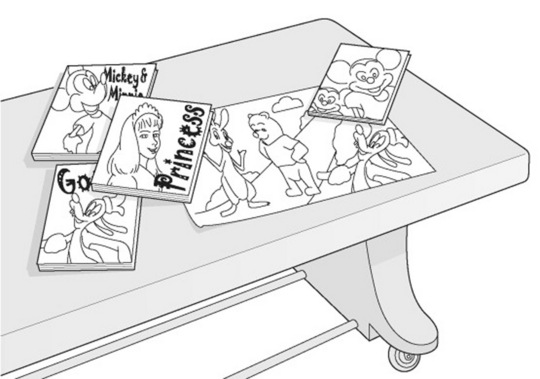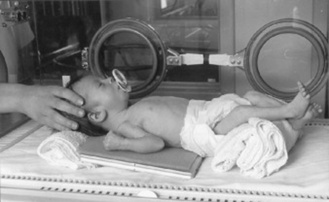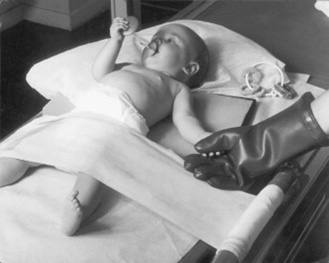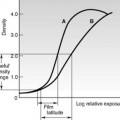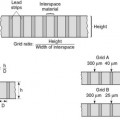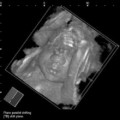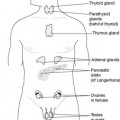Chapter 4 Patient care
 Prescriptive guidance with regards to patient care is not appropriate. There is no magic formula when caring for patients and skill must be developed in assessing and adapting to the needs of patients on an individual basis.
Prescriptive guidance with regards to patient care is not appropriate. There is no magic formula when caring for patients and skill must be developed in assessing and adapting to the needs of patients on an individual basis. In addition to caring for the patient, it is important to consider the needs of those accompanying the patient, such as friends, relatives or carers.
In addition to caring for the patient, it is important to consider the needs of those accompanying the patient, such as friends, relatives or carers.ASSESSING THE PATIENT
It is difficult to care for a patient appropriately without first assessing their needs, and anticipating these as early as possible ensures a more pleasant patient experience. When assessing a patient’s needs, the following questions may be helpful:
What examination is being undertaken?
PAEDIATRICS
GENERAL ISSUES
Preparation
Prior to the child attending for examination:
Once the child has arrived in the department:
Is it our turn next Mummy?
It is inevitable that children will sometimes have to wait before an examination; however a child- friendly environment is likely to encourage a child to feel at ease.2
Dealing with parents and guardians
Lastly, it may seem obvious but never leave a baby or toddler unattended, not even for a second. Even if a baby does not appear to be on the move, it only takes a moment for a him to roll over when your back is turned and this could result in serious injury, especially if he falls from a height.
AGE-SPECIFIC ISSUES
The neonate
Babies up to the age of one month are termed neonates (Fig. 4.2). These babies are most commonly encountered on the Special Care Baby Unit (SCBU), although remember that not all neonates requiring imaging are admitted to hospital.
Consider that parents of the neonate:
When dealing with the neonate on SCBU:
The older baby or toddler
Although young babies tend not to mind who picks them up, as they become more aware of the world around them they begin to become upset if separated from their parent (Fig. 4.3). It is important, therefore, to ensure a familiar person remains with them throughout their examination.
Although restraint should be considered a last resort, it is vital to remember that babies are unlikely to keep still unless they are sleeping. Holding of the baby by the parent or guardian is preferable to the use of restraining devices such as Bucky bands. In such a scenario, radiation safety is essential and the appropriate guidelines for holding patients should be followed. Older toddlers understand a significant amount and so techniques other than physical restraint may prove effective.
Stay updated, free articles. Join our Telegram channel

Full access? Get Clinical Tree



